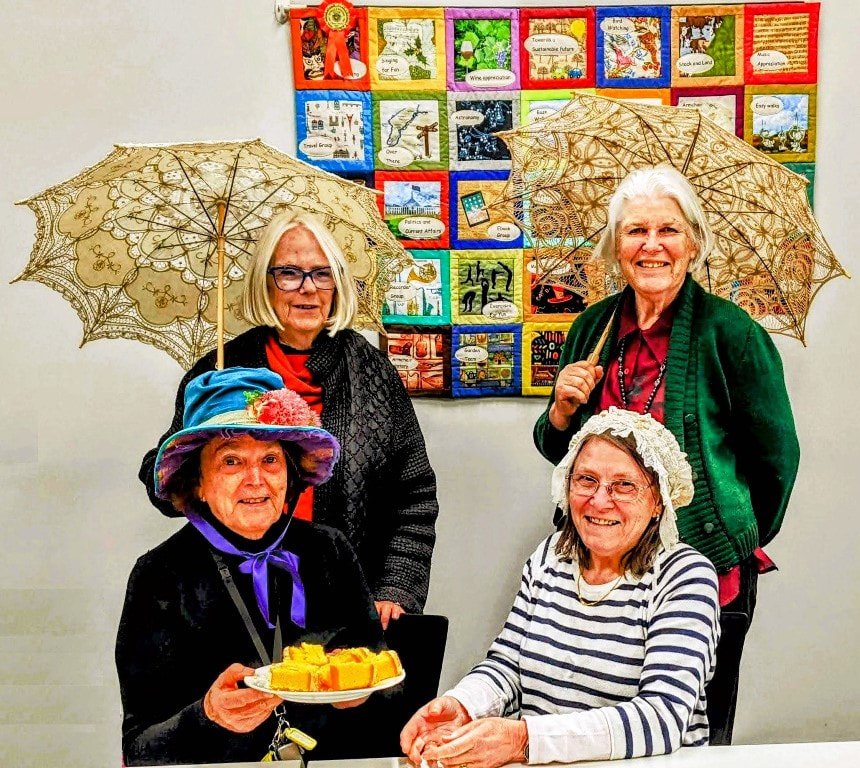Well yes, and no.
Austen does more. She unpicks the fabric of her era and class: the elite group of country gentry - grand estate owners; second sons who had to choose between the parsonage or the military; vain and foolish mothers; sneering aunts; feckless young men looking for an heiress to marry; disappointed girls who married for money and regretted it; pragmatists who married their second choices. And every now and again one of her heroines marries the right man for love - but this is never guaranteed for the many who seek partners.
Austen cautiously introduces some of the new arrivals - rich and responsible middle class men and women who help their more socially acceptable, but poor cousins, in the gentry classes. She even whispers once or twice about those whose wealth is made from slave plantations in the Caribbean - a stain on their wealth as slavery was made illegal in Britain in 1804 and later extended to its colonies in 1834
.
While later writers [Dickens, Elliot, Hardy] more robustly investigated the lives of the poor and disenfranchised, Austen chides more gently but still skewers the foolishness and pretensions of a class that had too much leisure on its hands and too little real work to attend to.
A number of us made it to the end looking at the six books or films of her works. I never thought I would read all of Austen but I have and its been an interesting journey.


 RSS Feed
RSS Feed
